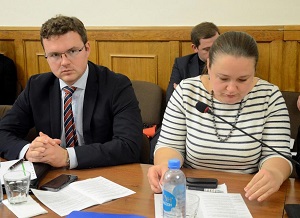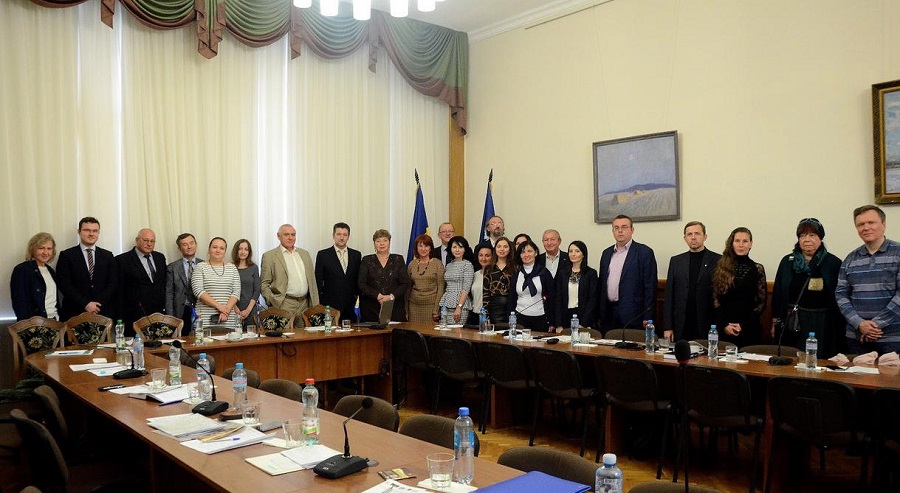On October 22, 2019, a rountable discussion on «Legal regulation of the temporal boundaries of human life» was held at the Kiev Regional Center of the National Academy of Legal Sciences of Ukraine. The event was organized by the Kyiv Regional Center of the National Academy of Legal Sciences of Ukraine, the Center for Medical and Legal Studies of the National Academy of Legal Sciences of Ukraine and the National Academy of Medical Sciences of Ukraine, the Regional Organization in support of the human right to a decent death and was held with the support of the «Tatarov, Farinnyk, Golovko» Bar Association and the Bar Association «Vi Vates ».

The purpose of the event was to discuss philosophical, ethical and legal issues of temporal boundaries of human life, to harmonize the scientific, ethical and legal conceptual apparatus in the field of determining the moments of beginning and ending of human life, as well as to discuss the draft law "On Ensuring Respect for the Human Right to a Decent End of Life” and amending the related legal acts.
Active participation in the event was attended by members of the Ethics Commission at the Shupyk NMAPE. Head of Department of Philosophy, Doctor of Philosophy, Professor, S.V. Pustovit presented the report «Philosophical Aspects of Death and Dying», Doctor of Philosophy, Professor of the Department of Philosophy N.M. Boychenko – «The value of human life: ethical and legal aspects», Associate Professor of the Department of Anesthesiology and Intensive Care Yu.I. Markov reported on the medical aspects of the problem of a dying patient, in particular, on the difficulties of anesthesiology in patients with incurable life-threatening conditions. Also Assistant Professor of the Department of Philosophy Ostapenko B.I. participated in the discussions.

The roundtable participants' reports also addressed and discussed the following issues: legal status of the embryo; the end and beginning of human life in terms of physics, neurobiology, bioengineering; ensuring the rights of the patient in the palliative care system; palliative care in Ukraine as a possible alternative to euthanasia; prospects of legal regulation of deprivation of life of a person at his request, etc.
In total, about 30 representatives of different fields of knowledge - scientists, researchers, lawyers, public figures - participated in the discussion. The attendees stated that the range of issues considered is extremely relevant for Ukraine and requires further interdisciplinary research and ethical regulation. It was decided to continue the research work in this direction and to make the rountable discussion regular.



